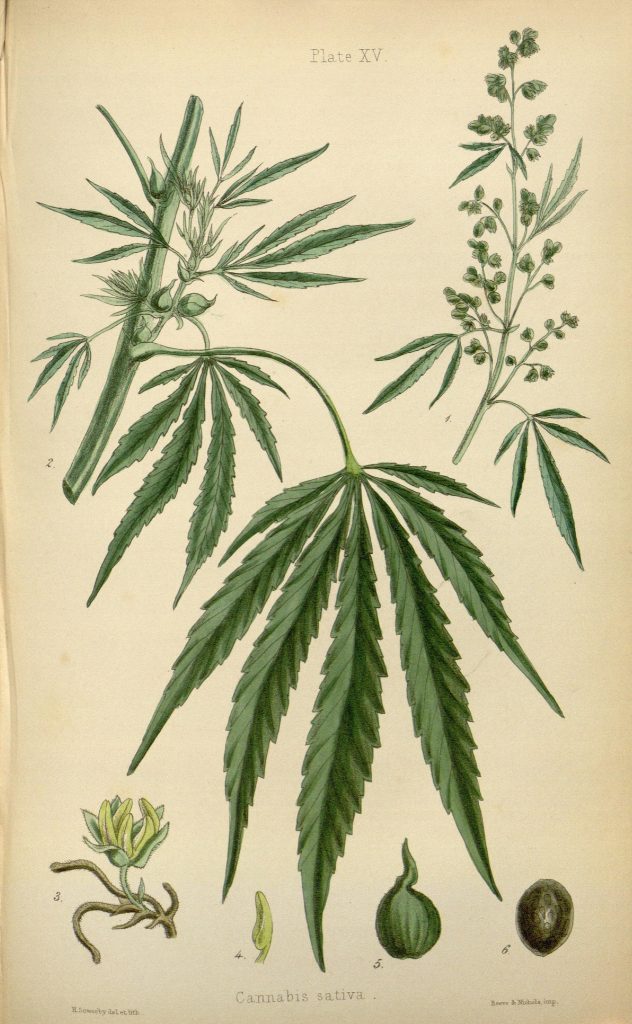Recurring nausea. Unrelenting vomiting. Sharp abdominal pain. And a strange urge to take frequent hot showers. These may not be the effects you’d expect from regular cannabis use—especially since marijuana is often prescribed to ease nausea in chemotherapy patients. But for some, these symptoms signal a condition called cannabinoid hyperemesis syndrome (CHS).
First identified by Australian doctors in 2004, CHS is now estimated to affect about 2.75 million Americans annually. And it’s on the rise. A study published in JAMA (October 2024) found that emergency visits linked to CHS doubled in the U.S. and Canada between 2017 and 2021. The surge coincides with the widespread legalization and increased availability of high-potency cannabis.
According to Dr. Deepak Cyril D’Souza, professor of psychiatry at Yale and director of the Yale Center for the Science of Cannabis and Cannabinoids, “today’s cannabis is far stronger than in the past.” THC levels, once typically 2–4% in the 1960s, now often range from 18 to 35% or higher.
Who Gets CHS—and Why?
The primary risk factor is heavy, long-term cannabis use, often daily or multiple times a day for years. Yet, not every frequent user is affected. “Most people who smoke daily don’t get this,” says Dr. Christopher Andrews, a gastroenterology professor at the University of Calgary. When it does occur, CHS comes in cyclical episodes, not as a constant condition.
A 2019 analysis of 271 CHS cases found that the average patient was 30 years old, 69% were male, and most had been using cannabis daily for nearly seven years before symptoms appeared.
What makes some people more susceptible? One theory points to the endocannabinoid system—a network of receptors and chemicals in the brain and gut that regulate pain, stress, digestion, and more. CHS may involve a disruption in this system or the hypothalamic-pituitary-adrenal (HPA) axis, which manages the body’s stress response. Genetics, anxiety, depression, poor sleep, and high stress are also thought to play a role.
The symptoms closely mimic those of cyclic vomiting syndrome (CVS), another gut-brain disorder. The key difference? CHS is triggered specifically by chronic cannabis use.

Serious Health Risks
If left untreated, CHS can lead to severe dehydration, electrolyte imbalances, kidney injury, abnormal heart rhythms, and even seizures. Repeated vomiting can also damage teeth due to acid erosion.
Diagnosis and Treatment
The American Gastroenterological Association (AGA) defines CHS by a triad of symptoms: at least three episodes of nausea and vomiting per year, cannabis use on more than four days a week, and symptom resolution after quitting for six months.
But confirming the diagnosis requires quitting cannabis—something many users are hesitant to do. That’s because withdrawal symptoms like anxiety, irritability, sleep problems, and appetite loss can be tough to manage.
During CHS flare-ups, patients often need emergency care for IV fluids and anti-nausea medications like ondansetron or promethazine. In some cases, doctors use benzodiazepines or antipsychotics like haloperidol to stop the vomiting.
Another unusual symptom? Many CHS patients report relief from hot baths or showers, sometimes taken compulsively. This might involve the hypothalamus, the part of the brain that controls body temperature.
A lesser-known remedy is topical capsaicin cream (0.1%) applied to the abdomen. It mimics the heat sensation of a bath and can quickly reduce nausea, according to a study in Academic Emergency Medicine.
The Only Cure: Stopping Cannabis
So far, the only proven long-term fix is stopping cannabis altogether. But tapering off gradually and using medications like tricyclic antidepressants may ease the process. Some patients benefit from switching to lower-potency products or formulations that include CBD, which doesn’t cause a high and may reduce CHS risk.
For now, CHS remains a medical mystery. “We still don’t fully understand why it happens to some people and not others,” says D’Souza. “More research is clearly needed.”


